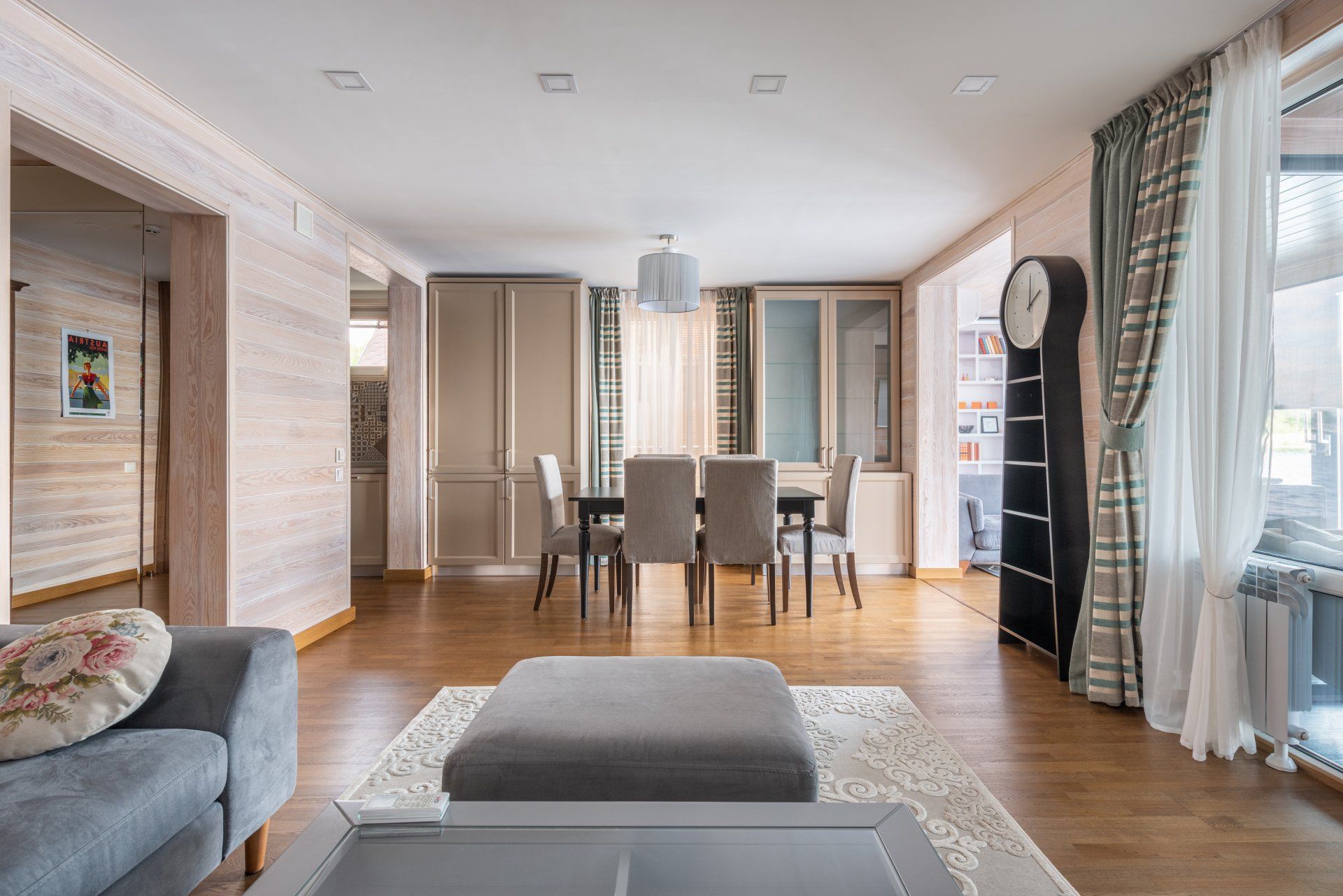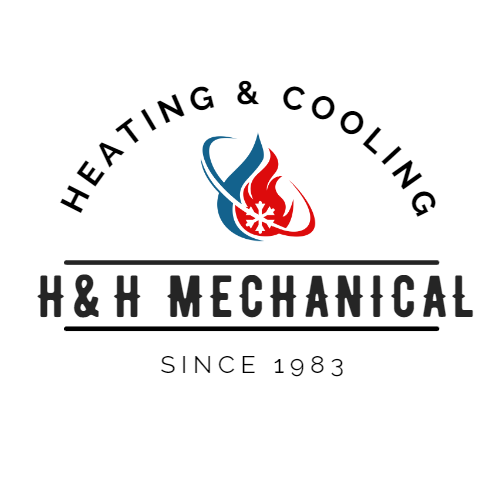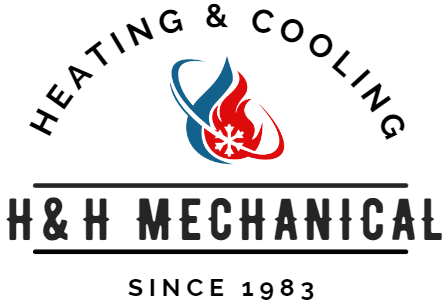Battling Pollen Season with H & H Mechanical
As spring arrives, so does the dreaded pollen season. While pollen can bring beauty to nature, it can also wreak havoc on those with allergies or respiratory issues. But fear not! Your trusty HVAC system can help you fight back and create a haven indoors. In this blog post, we will explore how your HVAC system can effectively combat pollen and keep your indoor air clean and fresh.
Regular Filter Maintenance:
One of the simplest ways to reduce pollen in your home is by regularly maintaining your HVAC filters. Pollen particles can easily get trapped in the filters, hindering their performance. Check and replace your filters according to the manufacturer's instructions. This keeps your system running efficiently and minimizes pollen circulating in your home.
Upgrade to HEPA Filters:
Consider upgrading your HVAC filters to High-Efficiency Particulate Air (HEPA) filters. These filters are designed to capture even the tiniest particles, including pollen, providing cleaner and healthier indoor air. Although slightly more expensive, HEPA filters are worth the investment for those who suffer from severe allergies or respiratory conditions.
Utilize Air Purifiers:
To further enhance the air quality in your home, consider using portable air purifiers in conjunction with your HVAC system. Air purifiers equipped with efficient pollen filters can be placed in rooms where you spend the most time, such as bedrooms or living areas. They work tirelessly to trap airborne pollutants, including pollen, providing relief for allergy sufferers.
Schedule Professional Maintenance:
Regular HVAC maintenance by a professional technician is crucial in combatting pollen season effectively. A trained technician can inspect and clean your system thoroughly, ensuring that allergens like pollen are not accumulating in your ductwork or other hidden areas. They can also address any other potential issues that may impact your system's performance.
Maintain Healthy Indoor Humidity:
Maintaining optimal indoor humidity levels can prevent excess moisture that may encourage the growth of mold and mildew, exacerbating allergies. Use a dehumidifier in humid climates or during periods of high pollen count to keep your indoor air dry and comfortable.

Don't let pollen season get you down. Take charge of your indoor air quality by implementing these HVAC strategies. Regular filter maintenance, HEPA filters, air purifiers, professional maintenance, and humidity control will help you battle pollen and enjoy an allergy-free home. Remember, give us a call at H & H Mechanical for personalized recommendations based on your specific needs.
Breathe easy this pollen season! 🌿💨
You might also like


Book a Service Today
We will get back to you as soon as possible
Please try again later



